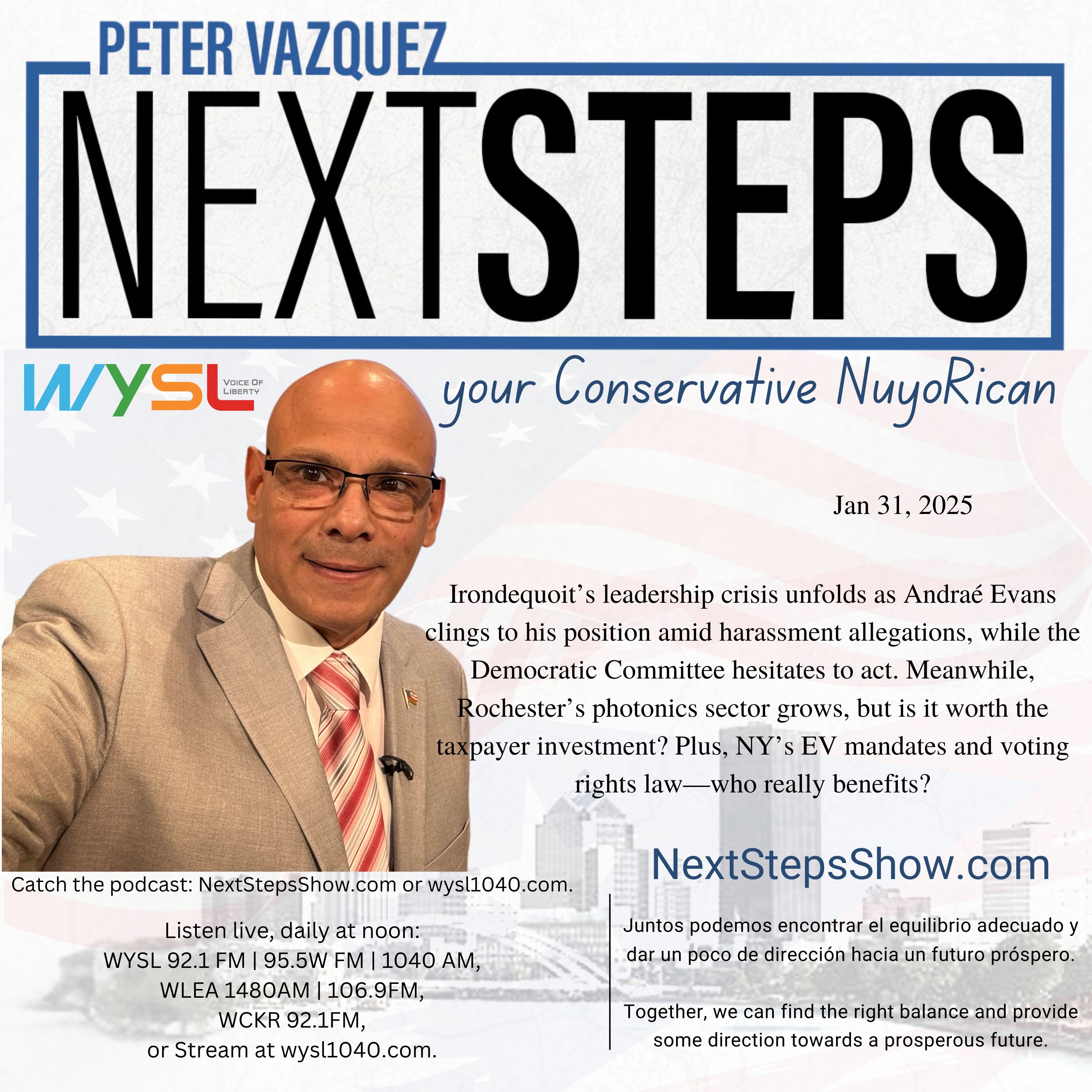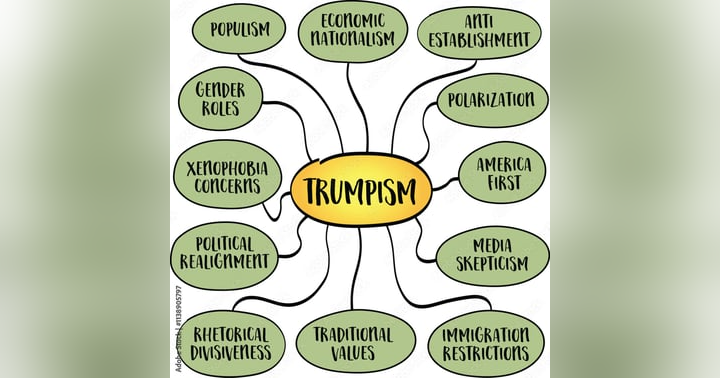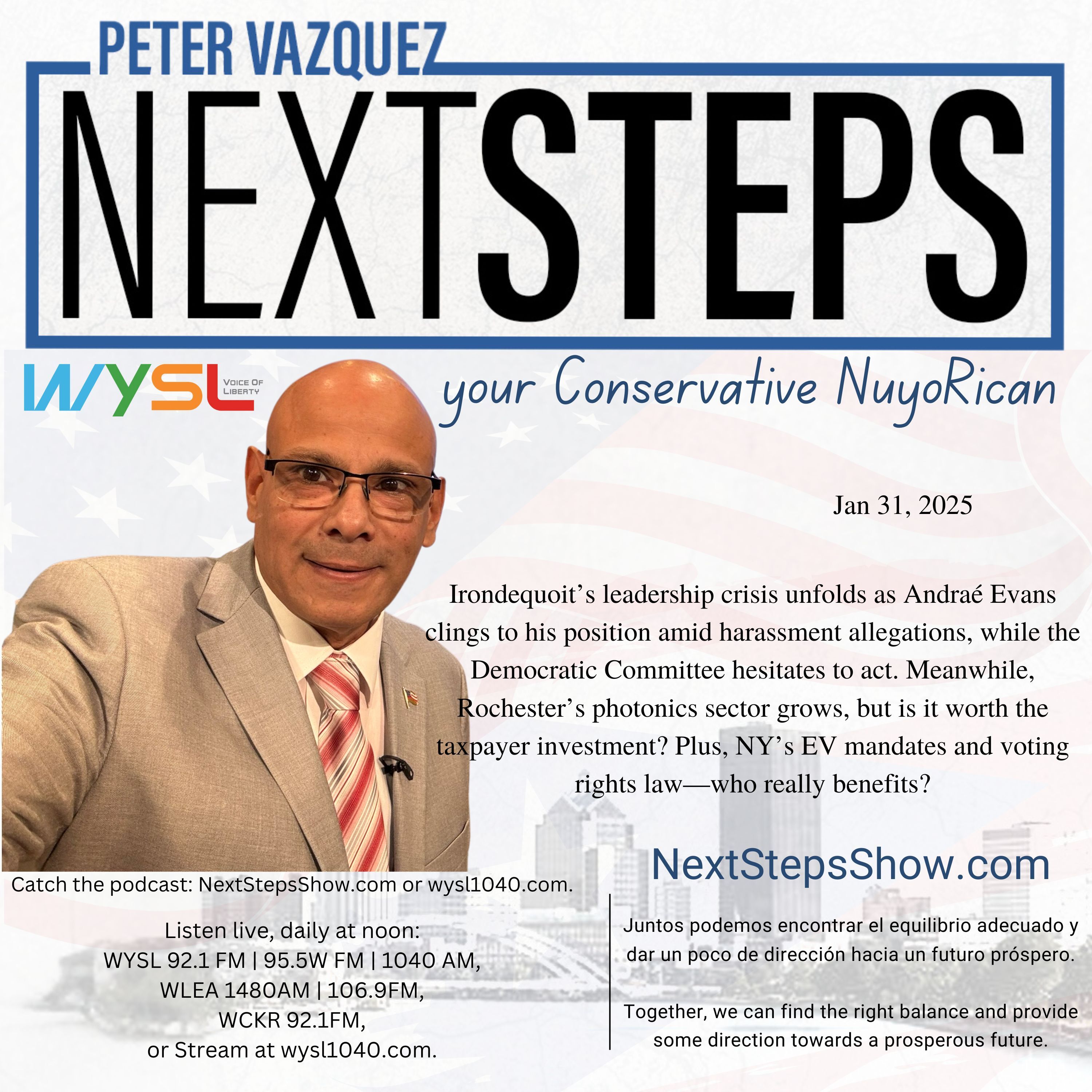
In this post, we take a closer look at two major pieces of New York legislation: the electric vehicle (EV) mandates and the newly enacted voting rights law. Our recent podcast episode, Next Steps Show Jan 31, 2025, touched on these topics, raising important questions about who stands to gain and who may be left behind. While both policies are presented as progress, a deeper analysis reveals significant concerns about their impact on working-class families, economic stability, and electoral integrity.
Who Stands to Gain from the EV Mandate?
- New York's aggressive push for EV adoption primarily benefits large corporations, government-backed green energy initiatives, and wealthier residents who can afford the transition. EV manufacturers, charging infrastructure companies, and tech firms stand to make billions in government incentives and taxpayer-funded subsidies. Meanwhile, the state expects economic gains from job creation in the EV sector, but whether those benefits will outweigh the costs remains to be seen.
The Reality for Working-Class and Rural Communities
- For many hardworking New Yorkers, the high cost of EVs presents a major financial burden. Even with subsidies, EVs remain out of reach for most middle- and lower-income families, who rely on affordable used gas-powered vehicles to get to work, school, and essential services. Wealthier urban residents, who already benefit from existing infrastructure and government handouts, will reap the rewards of the EV push, while rural and lower-income communities bear the financial strain.
- Charging infrastructure is another major issue. While urban areas see rapid development of charging stations, rural communities face a different reality. Limited access to reliable charging options creates additional hurdles for residents who travel long distances for work or essential services. Rather than prioritizing consumer choice and practical solutions, the government is forcing an expensive and unrealistic transition, leaving many behind.
The Unintended Consequences of the EV Mandate
- Beyond the financial burden, the EV push comes with a host of potential unintended consequences. The shift away from gasoline-powered vehicles threatens to tank the used car market, making it even harder for lower-income families to afford reliable transportation. Additionally, the increased demand for electricity could strain the already fragile power grid, leading to higher energy costs that disproportionately affect low-income households.
- Another pressing concern is job loss in traditional automotive manufacturing and related industries. The forced transition to EVs will displace workers, and while the state touts job creation in the EV sector, it offers little reassurance that displaced workers will find stable, comparable employment. A responsible energy policy should encourage innovation and economic growth without jeopardizing the livelihoods of hardworking Americans.
New York’s Voting Rights Law: Who Really Benefits?
- The newly enacted voting rights law is marketed as a way to expand access and promote fairness in elections. Provisions like automatic voter registration and expanded early voting may sound appealing on the surface, but they raise serious concerns about election security, government overreach, and the potential for unintended political consequences.
Election Integrity at Risk
- While proponents claim these measures help marginalized communities, the reality is that automatic voter registration and lax voting requirements open the door to errors, fraud, and administrative chaos. Election integrity is the cornerstone of a functioning democracy, and weakening voter verification standards undermines confidence in the system.
- Expanded early voting and same-day registration also increase the risk of logistical challenges and mismanagement, potentially leading to disputes over election results. Rather than ensuring fair and transparent elections, these policies may deepen public distrust and widen the partisan divide.
The Cost of Implementation
- Implementing these sweeping changes requires significant taxpayer investment. Voter education programs, new election infrastructure, and administrative oversight will come at a hefty price. New York taxpayers—already burdened with some of the highest taxes in the nation—will foot the bill, with no guarantee of improved election security or efficiency.
A Pattern of Government Overreach
- While the EV mandates and voting rights law may seem unrelated, they share a common theme: sweeping government policies that claim to promote fairness but ultimately impose financial burdens, reduce personal freedoms, and create unintended economic disparities. These policies demonstrate a growing trend of top-down control, where bureaucrats and politicians dictate changes without considering the real-world consequences for working Americans.
A Smarter Approach
- Rather than imposing costly mandates and rushed electoral reforms, New York should focus on policies that prioritize individual freedom, economic opportunity, and true fairness. Encouraging innovation in the automotive industry without penalizing gas-powered vehicle owners, securing elections while making voting accessible, and investing in infrastructure that serves all communities—not just select groups—are essential for a thriving and fair society.
To hear more about these critical issues, tune in to our latest episode of Next Steps Show Jan 31, 2025. Join the discussion and share your thoughts on how we can push back against government overreach and work toward real, common-sense solutions for New York.
Listen live, daily at noon:
WYSL 92.1 FM | 95.5W FM | 1040 AM,
WLEA 1480AM | 106.9FM,
WCKR 92.1FM,
or Stream at wysl1040.com.
Grab some Next Steps Show merchandise @ NextStepsROC.com
#PuttingPeopleFirst



